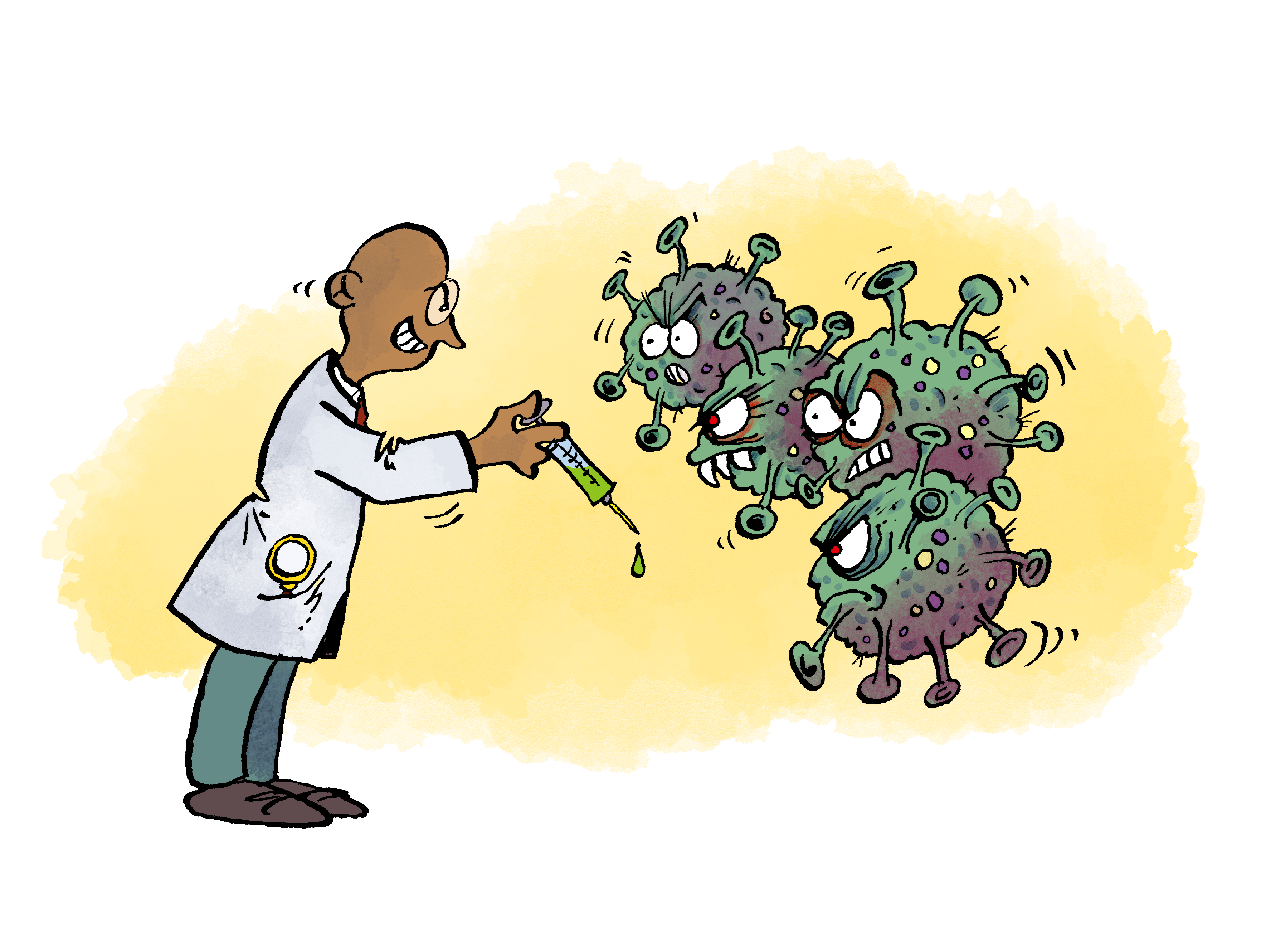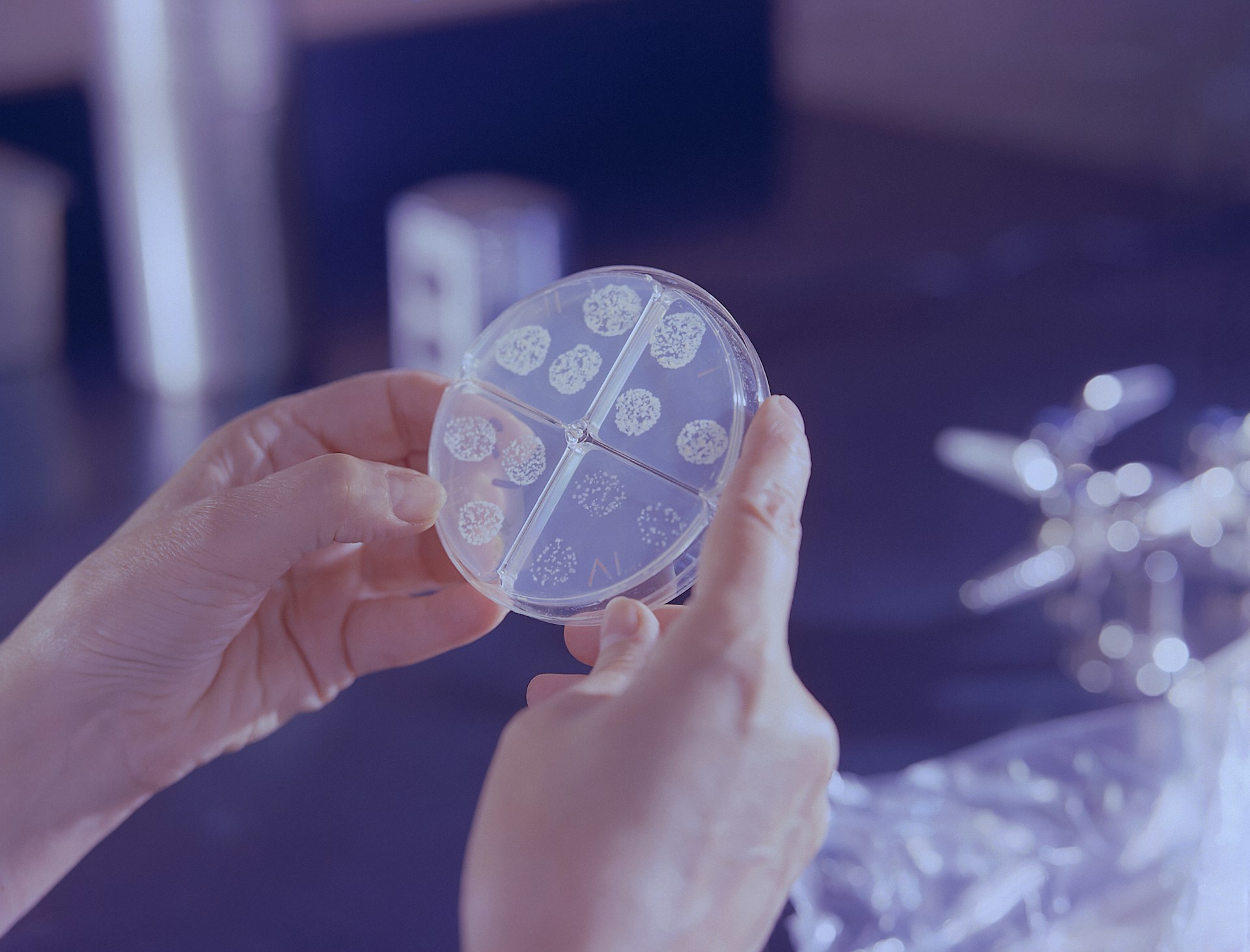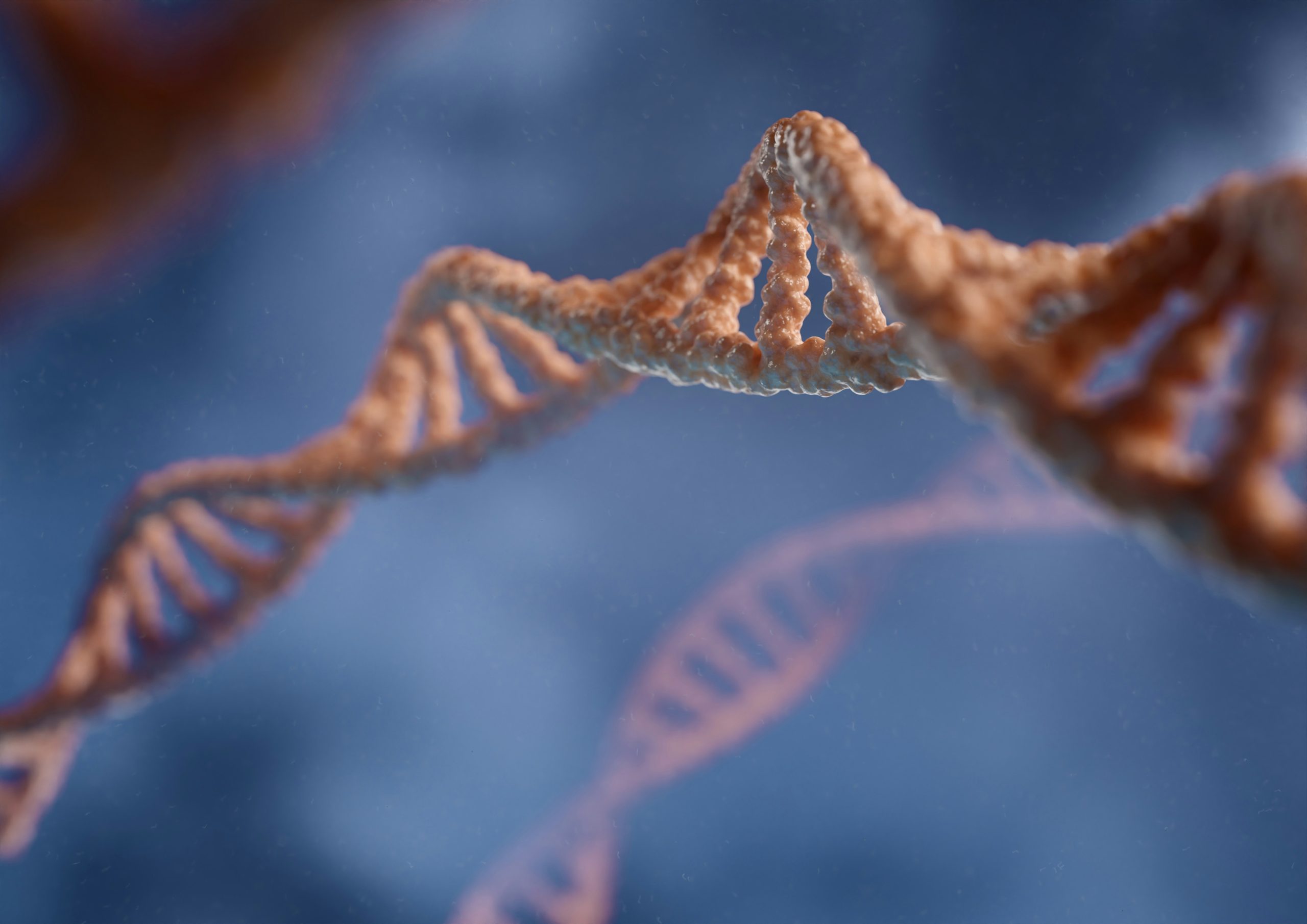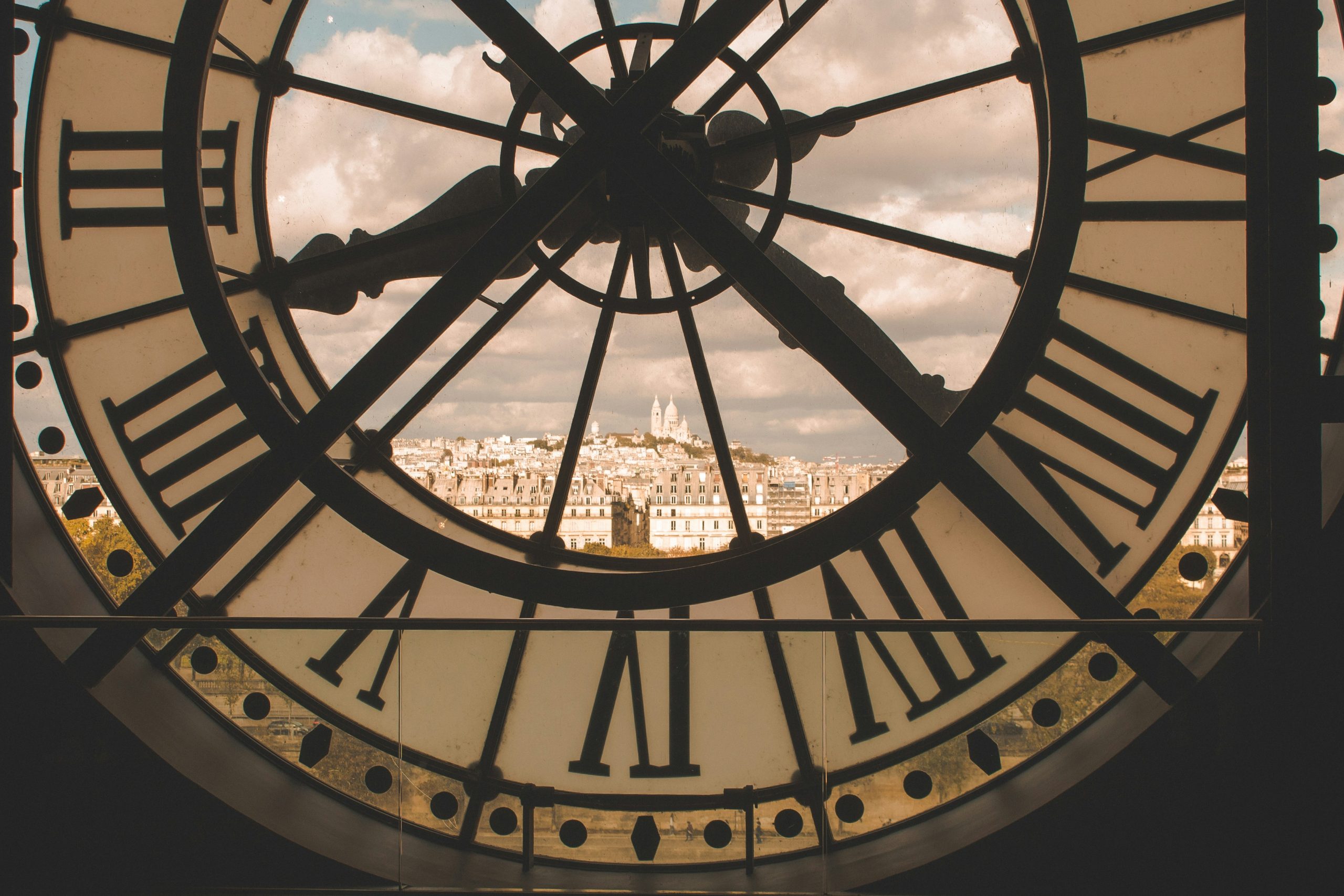Darlan da Silva Candido on what it’s like to work at the frontier of COVID-19 research.
When the first cases of Covid-19 were reported early this year, I had no idea how much this would change the world, my life and my career. Just over six months into the amazing experience of working on the scientific and public health response in Brazil, I thought it was time to look back and share my journey.
As a genomic epidemiologist, my research focuses on understanding and reconstructing virus outbreaks. I like to think that in my field we work as outbreak detectives: we sequence the genomes of viruses and use the genomic information from different samples to find out when, where and how an outbreak starts and spreads. Previously, my work had no direct relationship with respiratory viruses or pneumonia. I had mainly focused on viruses transmitted by mosquitoes such as dengue, Zika, chikungunya and yellow fever.
I was at home in northeast Brazil when the news surfaced about a pneumonia outbreak of unknown cause in Wuhan. At that stage, there were way too many questions and barely any answers. But as weeks went by, it became clear that the novel coronavirus – later named SARS-CoV-2—could soon become a global threat. Then, everything changed.
I was in Cambridge in late February when Brazil confirmed its first coronavirus cases, which were the first reported in Latin America. Given our previous work on outbreak response in Brazil, our collaborators at the University of São Paulo made national news by sequencing the samples in a record time of 48 hours. As a result, our team at the Brazil-UK Centre for Arbovirus Discovery, Diagnosis, Genomics and Epidemiology (CADDE) was pulled into the country’s SARS-CoV-2 response. All our projects were abruptly put aside and replaced by daily online meetings with an average of 40 researchers from across the globe.
Meanwhile, case numbers in the UK were increasing and my life in Oxford, just like many of yours, was changing. Whilst the lives and research projects of many friends were slowing down, mine was intensifying. We were all pushed out of our comfort zones through the daily meetings with researchers across diverse fields, ranging from epidemiologists to mathematicians to anthropologists, and the need to quickly answer an overwhelming range of questions. I found myself reading about and running analyses that I had never even heard of before. My responsibilities as a PhD student also changed. I was suddenly managing teams, hosting meetings, and leading research, which eventually was published in major journals. I cannot say I have ever learned so much in such a short period of time.
To reconstruct the introduction and spread of the virus in Brazil, we sequenced and analysed 427 SARS-CoV-2 genomes from samples coming from 18 out of Brazil’s 27 federal states. This was a huge collaborative effort. There was amazing logistical work sending samples from around the country to three sequencing laboratories in São Paulo and Rio de Janeiro; multiple hours of heavy computational work, manuscript writing, replying to reviewers in a timely manner and making final corrections.
After three months of work resulting from the collaboration of over 100 people, the manuscript was published in Science2. I soon found myself in charge of yet a new responsibility: media coverage and science outreach. The paper quickly made headlines in Brazil and I had to give interviews on multiple media platforms. Even my personal journey from my early life in northeast Brazil to Oxford received public attention.
On the flip side, I was worried about my family back home, feeling the effects of the UK’s long lockdown, and tired from all the rewarding but intense work. Undoubtedly, these sentiments were shared across our team and among everyone else working on the SARS-CoV-2 response. We realised it was time to slow down and take some time for ourselves.
Looking back now, I can only feel deeply impacted by everything we have seen and experienced this year. Nonetheless, I am extremely grateful for being able to contribute towards the response to the pandemic. More than scientific publications, I will also take new global friendships and valuable knowledge from this extraordinary journey.
Darlan Da Silva Candido is studying for a PhD in Zoology at Merton College. Artwork by Ralf Zeigermann.





